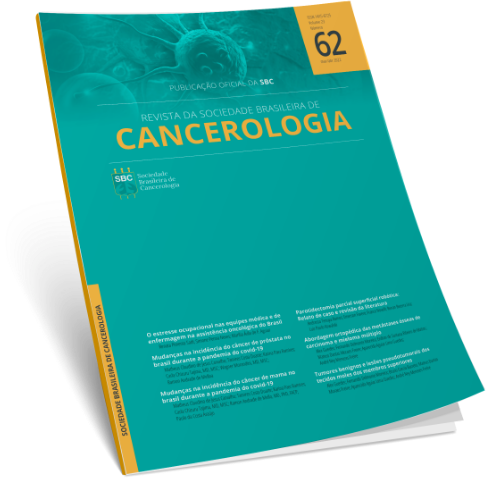Fernando Andrade Silva
Manuel Silva Vaz
Filipe Coutinho
José Carlos Carneiro
Abstract
Lung cancer is the leading cause of cancer death worldwide, accounting for millions of
deaths each year. It is a disease with high morbidity and mortality that has a poor
prognosis due to its late presentation. Prevention and early screening are the most
effective strategies to reduce the epidemiological burden.
The most important risk factor for lung cancer is smoking, which is used as a basis in the
formulation of risk prediction models. These models, apart from assisting in the careful
selection of individuals at risk, enable to foresee some of the disadvantages inherent to
screening. Low-dose radiation CT has proven to be a viable tool as part of an organized
screening, ensuring high-resolution, non-contrast-enhanced images with less artifacts
to be available for accurate detection and evaluation of nodules at ultra-low doses.
Current available evidence is still sparse and doubts remain as to the appropriate
population targets, optimal frequency and duration of screening, and criteria for
defining a “positive screen”.
Success in screening is dependent on a holistic and multidisciplinary approach, which is
a critical step towards reducing the burden of disease and improving the health and
well-being of individuals and communities around the world.
Keywords: pulmonary cancer, screening, low dose CT scan

